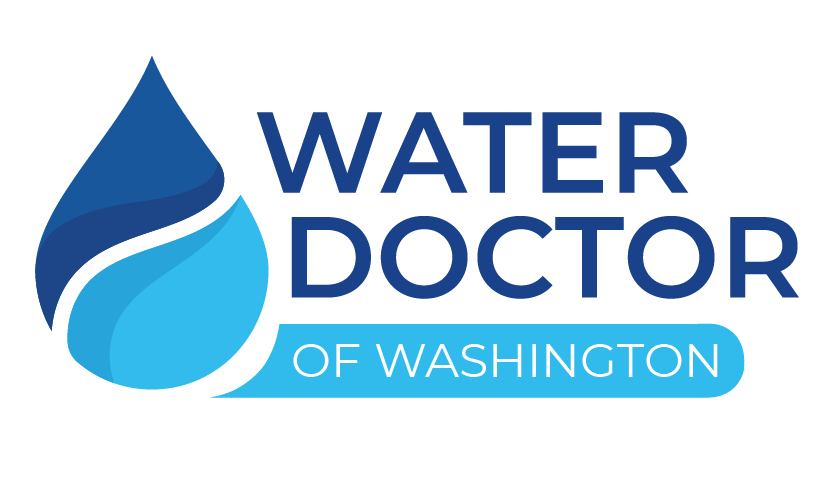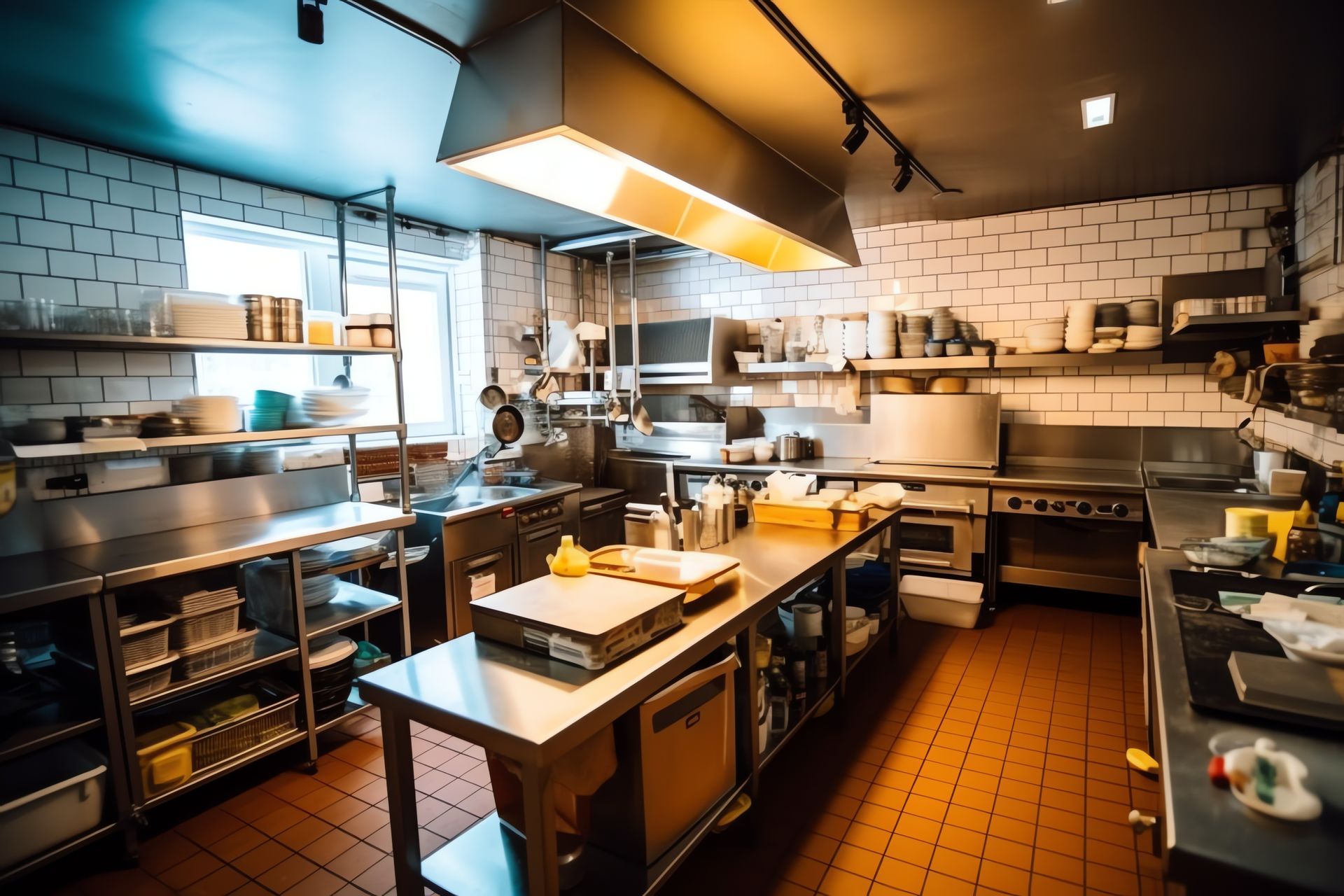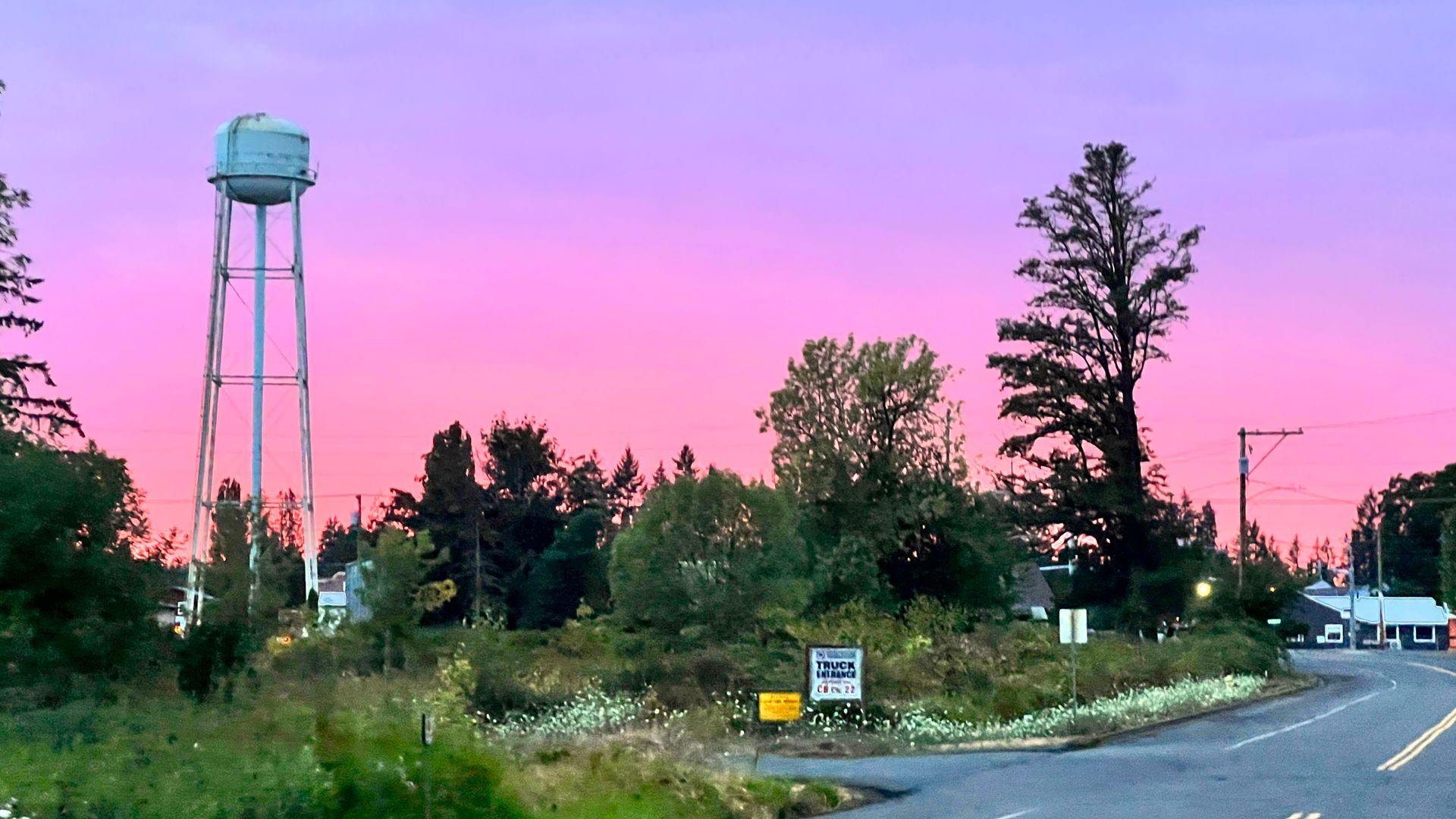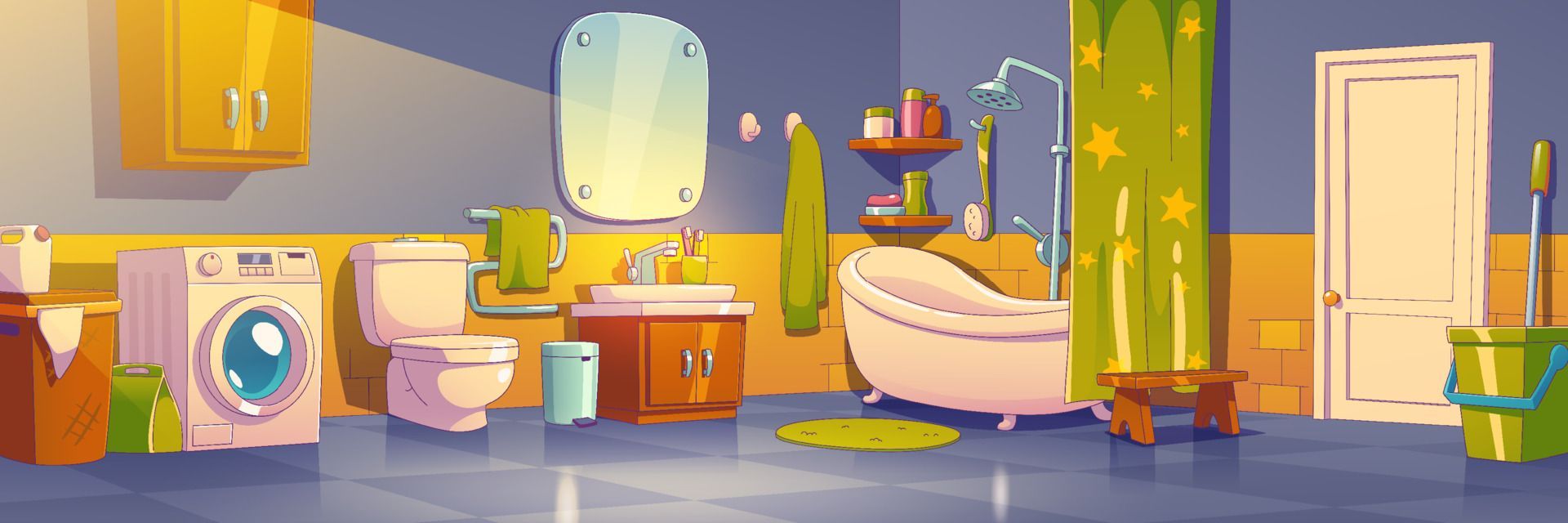Why does my home need a Backflow Preventer?
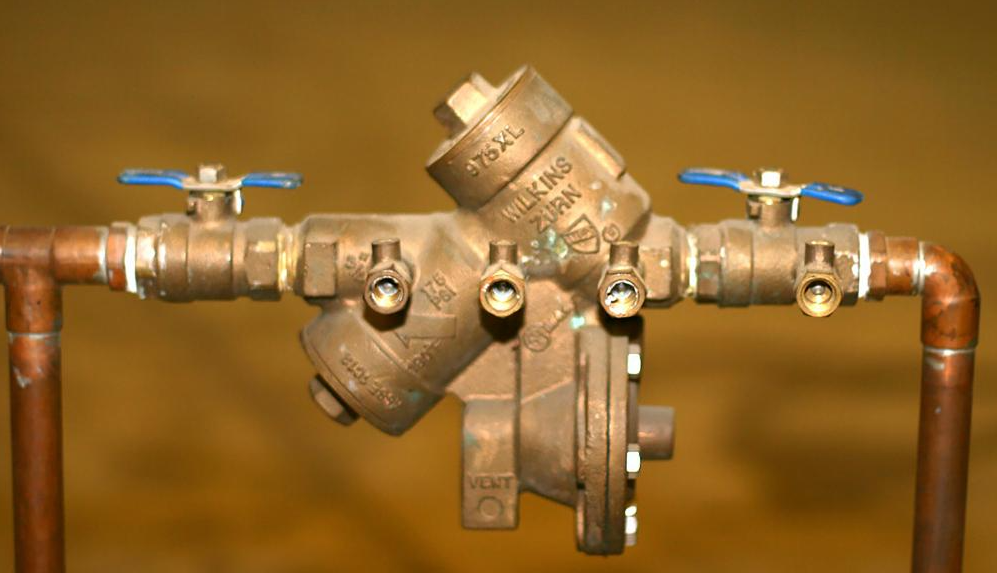
Does your home require a backflow prevention device? For most people, the conventional answer is “no.” Backflow preventers are generally thought to only be required for businesses, and yet your home may very well have one as well. Is it required? Why would it be required? What does this device do? This blog will give the answers to these questions so you can better understand your plumbing system.
When Is a Backflow Prevention Device Required?
Most people know the general rule: backflow preventers are required in most multi-family residential buildings, commercial properties, and industrial facilities. Essentially, these devices serve as a key defense against accidental municipal water contamination due to potentially contaminated water flowing back into the main supply. However, one of the most common types of structure is conspicuously absent from this requirement: single-family homes.
However, even these buildings may be required to have a backflow preventer. There is one key factor: an outdoor irrigation system. If your yard uses an automatic sprinkler system that is directly connected to your water supply, then you are required to install a backflow preventer system on it. This device does not have to be on your main water line, but it does need to be before any of your irrigation system’s control valves.
Why Do I Need a Backflow Preventer?
Why are irrigation systems required to have backflow prevention? The answer is twofold. First, irrigation systems are prone to problems that could result in sudden pressure changes. Backflow is what occurs when the pressure on the output side of a system exceeds the pressure coming from the supply. This forces the water in the lines to move backward and could result in it going back into the supply line.
Second, irrigation systems are vulnerable to a lot of potential contamination. For example, many homeowners that have a septic system will use runoff water from this system to water their landscape. This prevents them from having to purchase more water for this purpose and it provides extra nutrients and fertilizing agents to grass and flowerbeds. However, this water is not suitable for everyday use and therefore cannot mix with any water that comes in from the main supply. Therefore, a backflow preventer must be in place to prevent the reclaimed water from accidentally contaminating the main water (and potentially the entire supply).
Even without reclaimed water, the water in irrigation lines tends to become contaminated by insects, bacteria, and other organisms that can sneak into the line while buried underground.
Where Is My Backflow Preventer?
If you have an irrigation system, your backflow prevention device should be located somewhere near your main control valves. In most cases, it will be located on a pedestal shooting up from the ground somewhere near your home’s foundation. This is to make it extremely obvious if you have a backflow situation, as water will spew out from the device to relieve pressure coming into it.
Do I Have a Backflow Problem?
If your backflow preventer is sitting normally, then there’s a good chance you have nothing to worry about. However, if you are seeing water leak out from the backflow device, you shouldn’t hesitate to reach out to Water Doctor of Washington to schedule an inspection. In some cases, this is simply a problem with something on the irrigation side of the line causing too much pressure to build up on the device, resulting in it tripping and shutting off. However, the device itself may also have broken, resulting in a leak that can waste dozens or even hundreds of gallons of water per day.
If you do have a leak in your backflow prevention device, the good news is that you should have recourse to shut off the water line feeding your irrigation system. Simply turn the valve located near the main water input and the leak should slowly stop. However, until you have the device repaired or replaced, you won’t be able to use your automatic sprinkler system. It might not be a bad idea to shut it off until then.
If you have a problem with a backflow preventer on your property, text or call Water Doctor of Washington! We install new devices, replaced worn out or broken ones, and can even conduct testing and inspection services to ensure your property is safe and your water supply is protected.
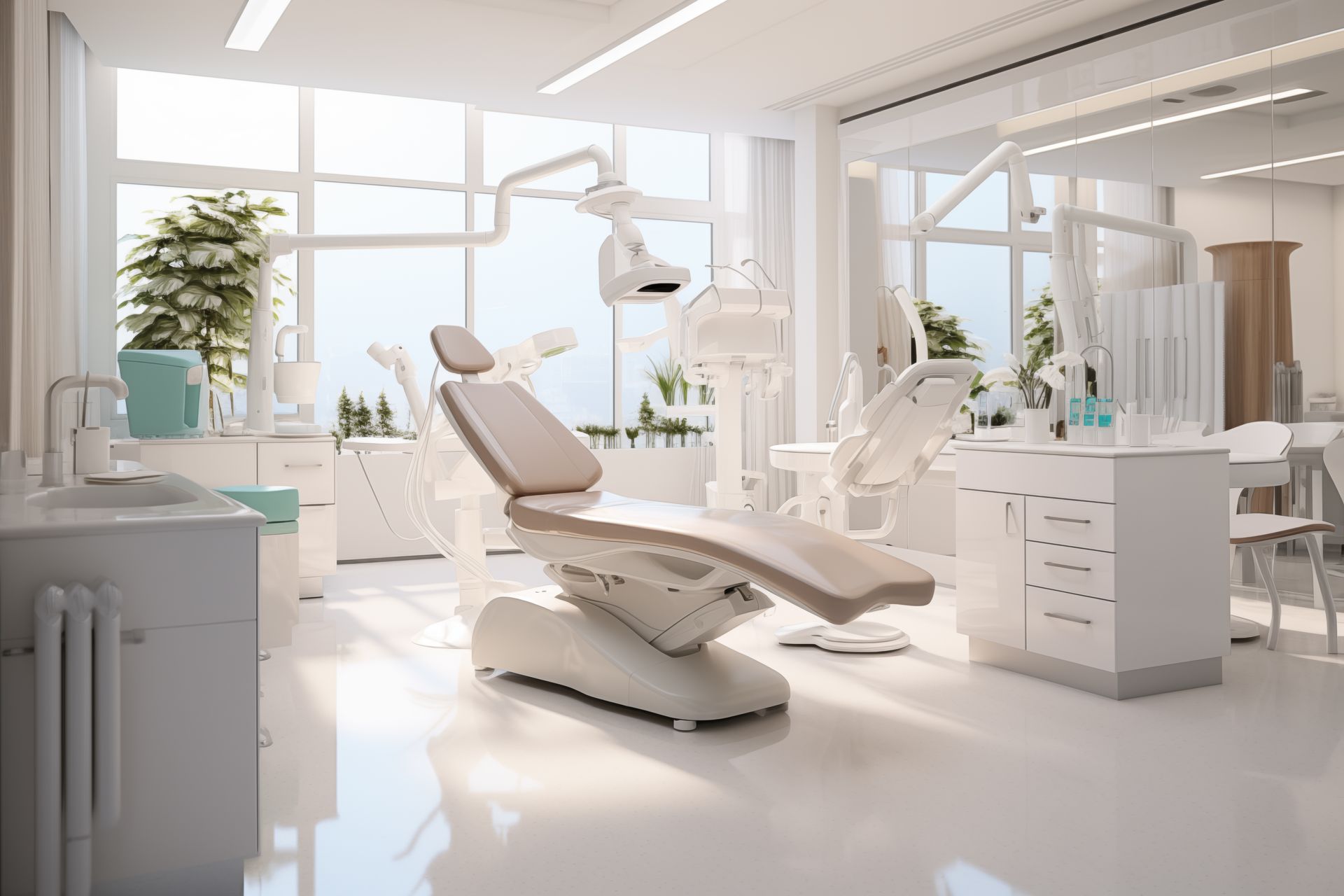
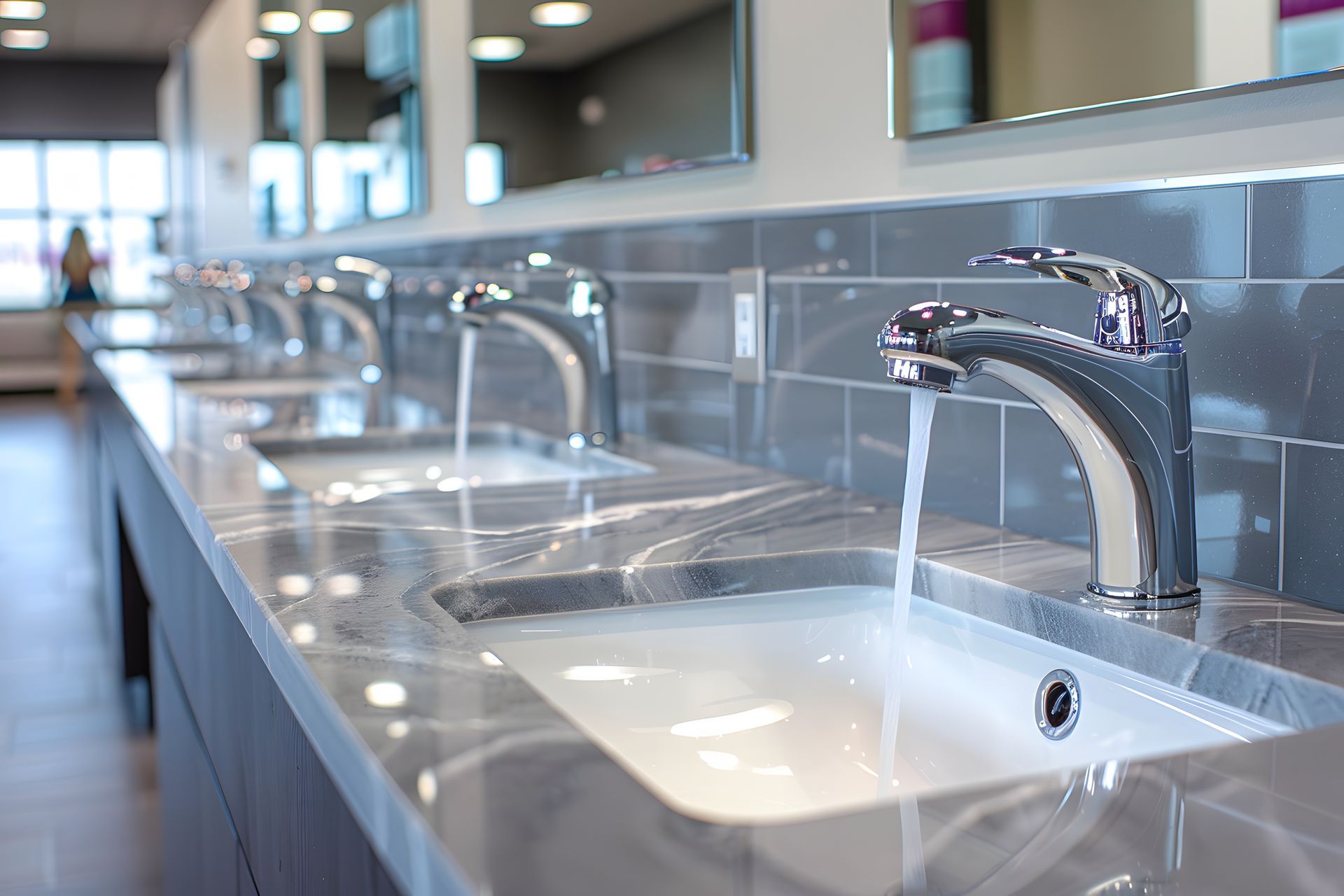
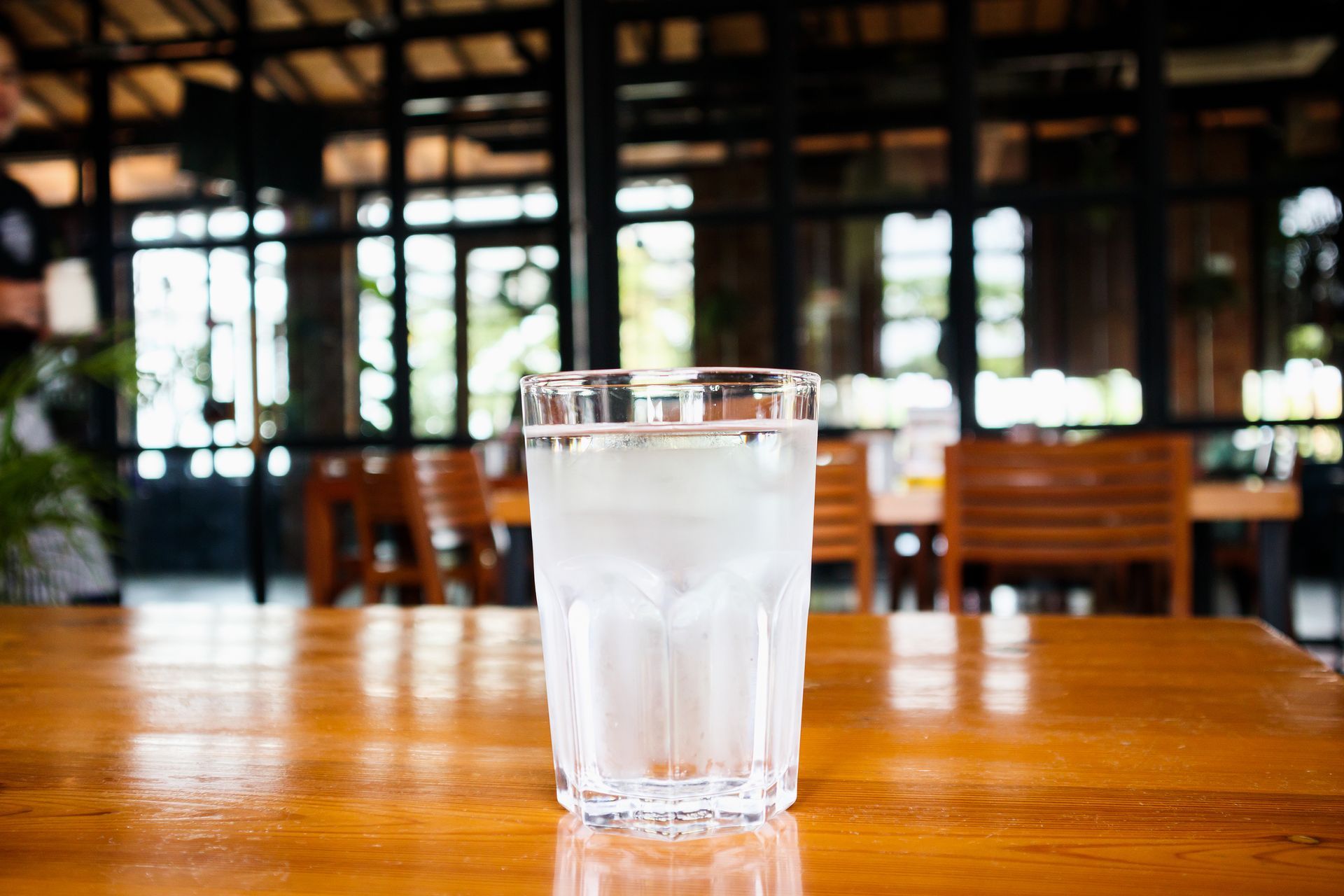

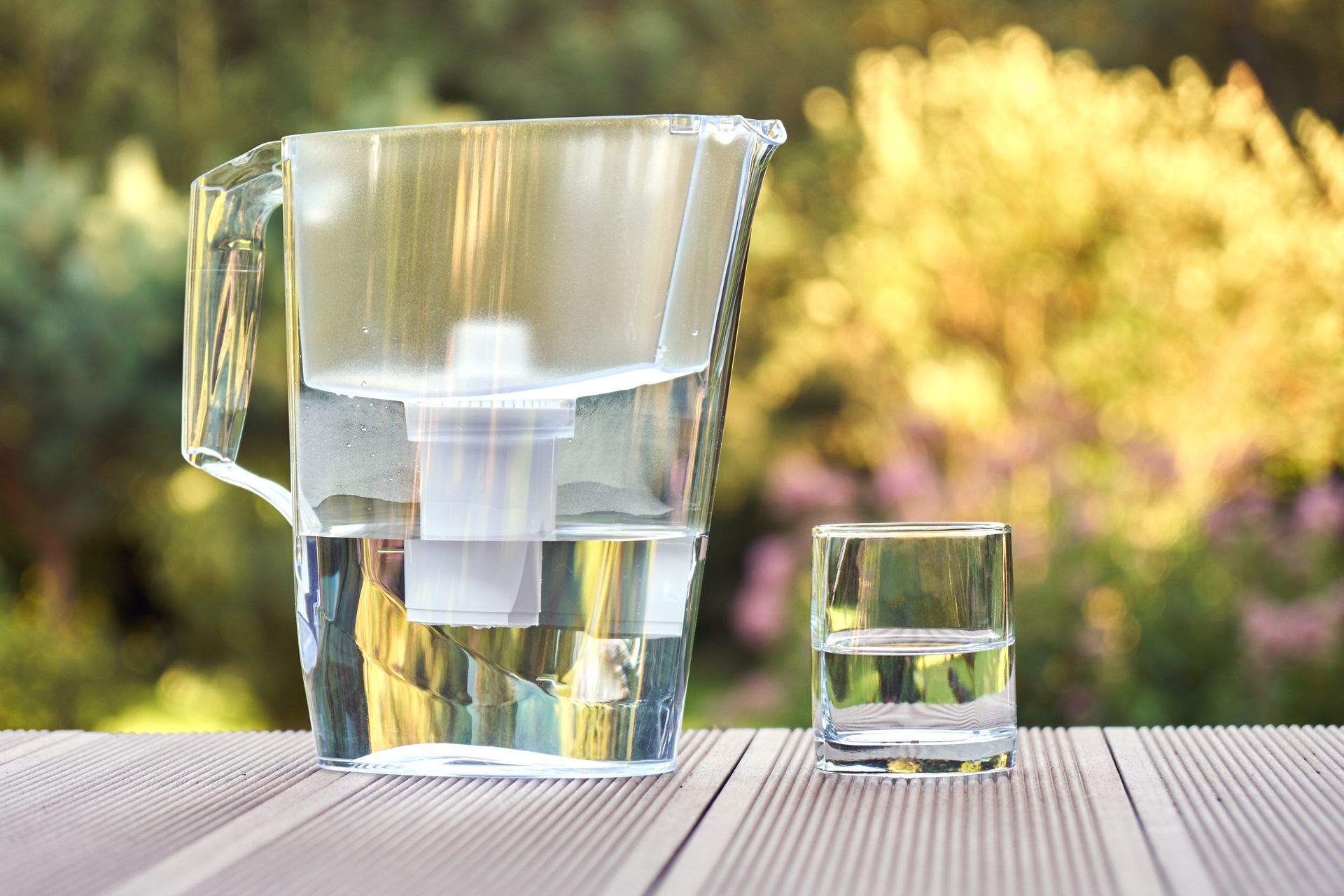
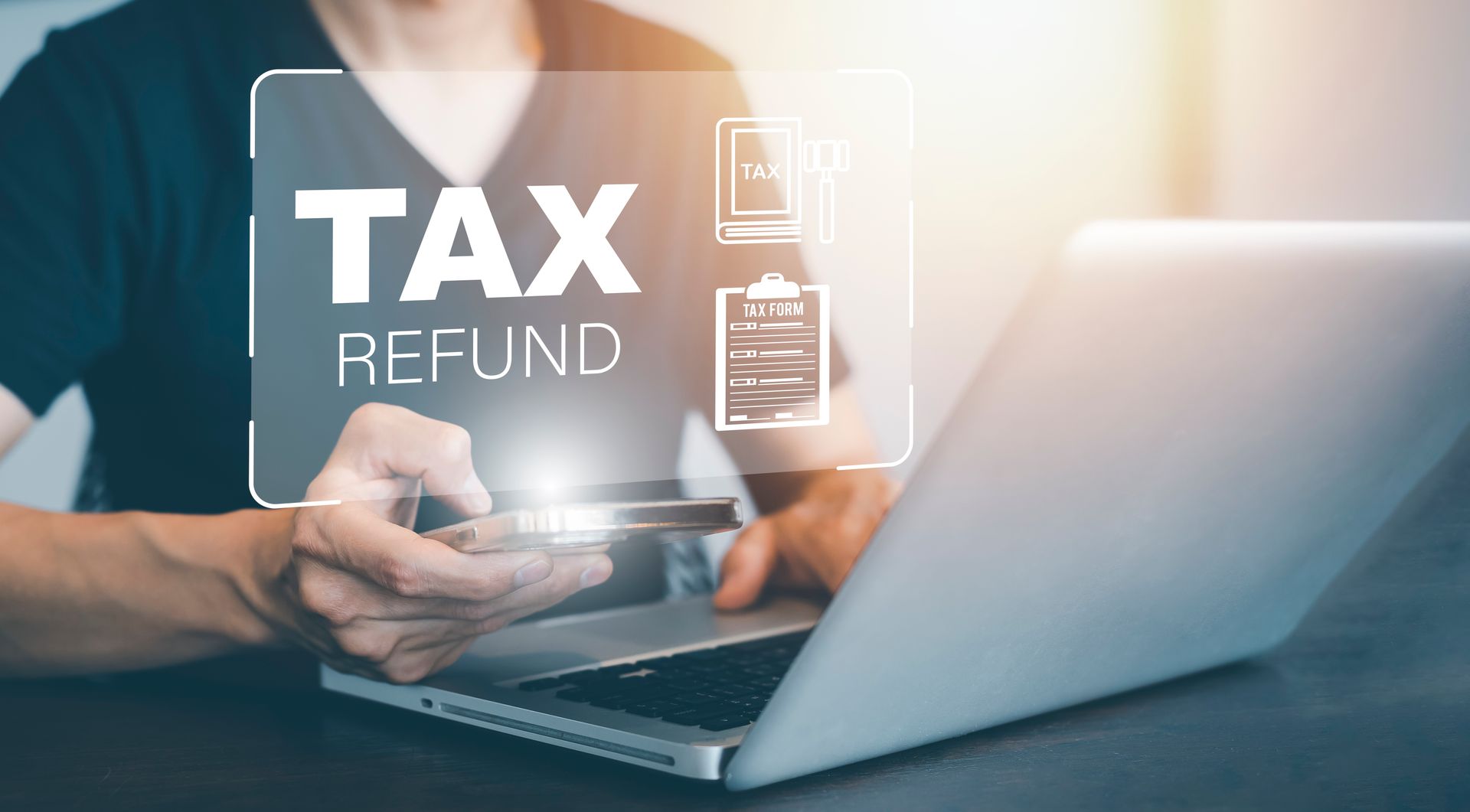
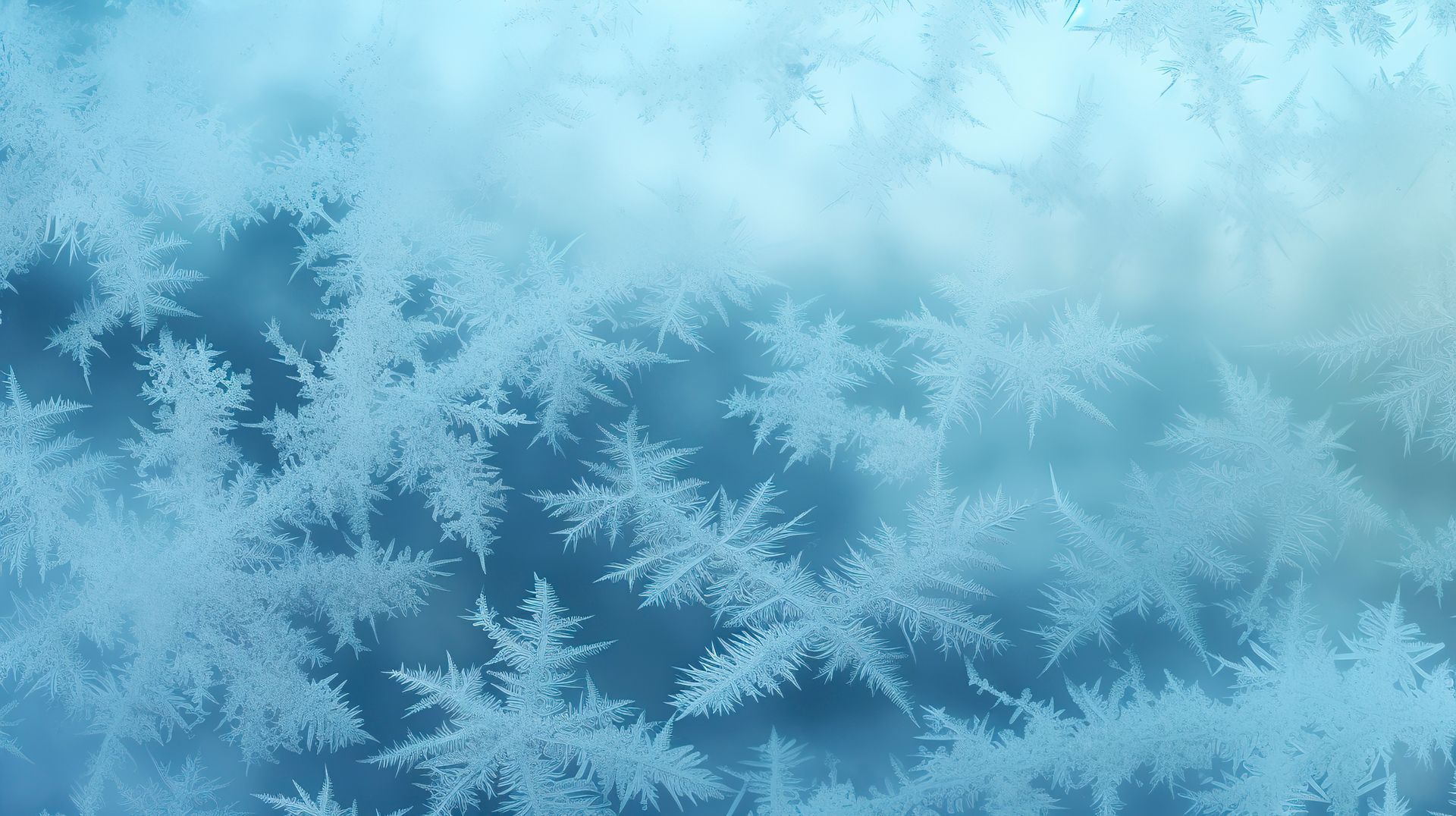

Western Washington
360.748.6393
M-F 9:00a - 4:30p
Closed Sat & Sun
Corporate Headquarters
2556 Jackson Hwy
Chehalis, WA 98532
Eastern Washington
509.882.2149
M-Th 9:00a - 5:00p
Office Closed Friday
Closed Sat & Sun
Grandview Office
143 Division St
Grandview, WA 98930
